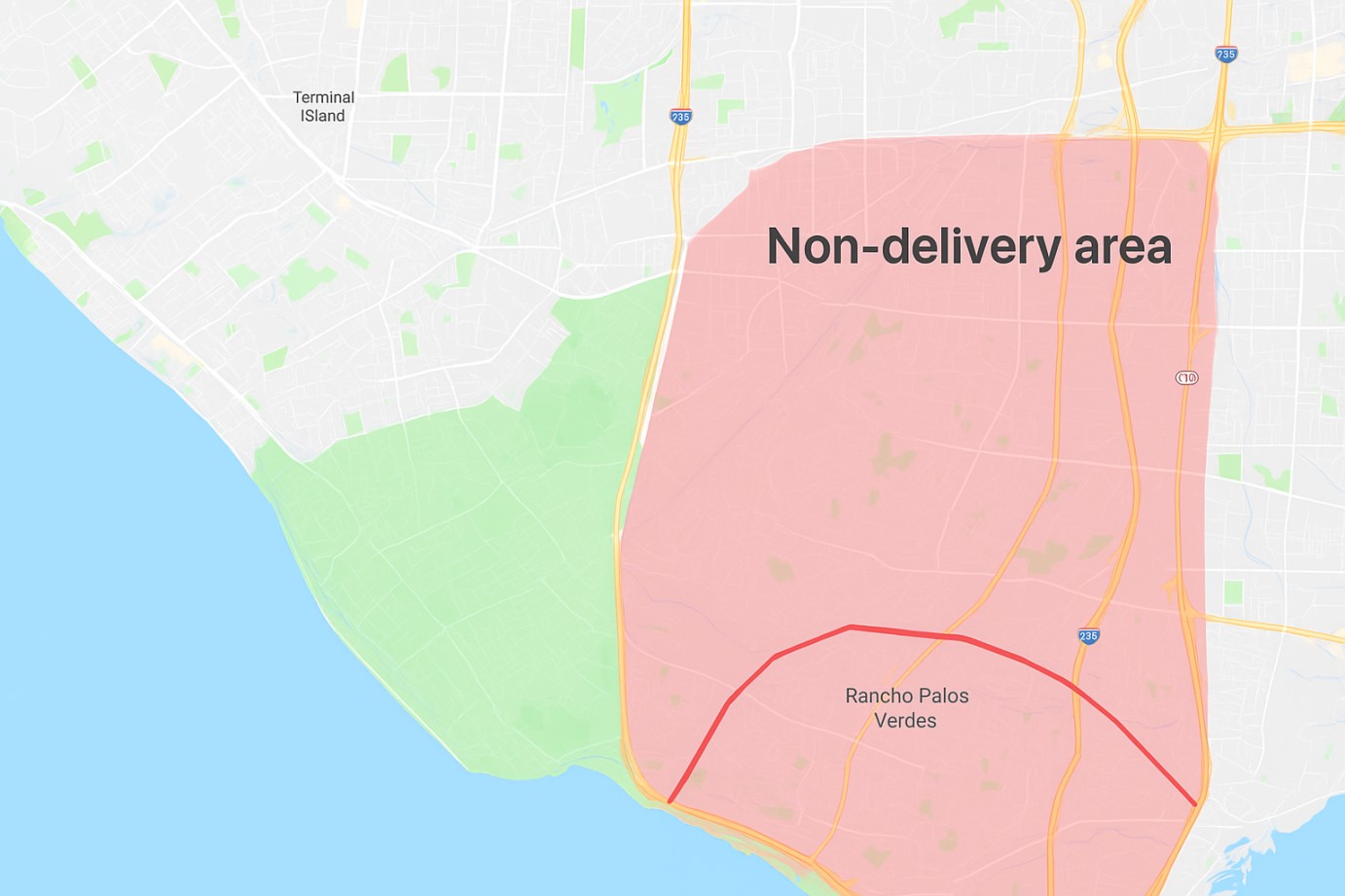This website uses cookies so that we can provide you with the best user experience possible. Cookie information is stored in your browser and performs functions such as recognising you when you return to our website and helping our team to understand which sections of the website you find most interesting and useful.
pre_reschedule_event filter
Returning a non-null value will short-circuit the normal rescheduling process, causing the function to return the filtered value instead.
To use pre_reschedule_event filter, first you have to register it using add_filter. You can write this code into functions.php of your activated theme or in a custom WordPress Plugin.
We at WePlugins always prefer to create a custom WordPress Plugin while using hooks so nothing breaks when you update your WordPress Theme in the future.
In the below live example, we have defined a function weplugins_modify_pre_reschedule_event_defaults which takes 3 parameters and we registered using add_filter. The first parameter pre_reschedule_event is the name of the hook, The second parameter weplugins_modify_pre_reschedule_event_defaults is the name of the function which needs to be called, the third parameter is the priority of calling the hook if the same hook is used multiple times and the last parameter is the number of arguments (if any) to be passed in the registered function.
Sometimes, you have to remove a registered hook so you can use remove_filter to remove the pre_reschedule_event filter.
Parameters
- $pre: (null|bool|WP_Error) Value to return instead. Default null to continue adding the event.
- $event: (stdClass) An object containing an event’s data.
- ‘hook’ (string) Action hook to execute when the event is run.
- ‘timestamp’ (int) Unix timestamp (UTC) for when to next run the event.
- ‘schedule’ (string|false) How often the event should subsequently recur.
- ‘args’ (array) Array containing each separate argument to pass to the hook’s callback function.
- ‘interval’ (int) The interval time in seconds for the schedule. Only present for recurring events.
- $wp_error: (bool) Whether to return a WP_Error on failure.
Below are the 3 parameters required to use this hook.
Live Example
Example 1: Basic Usage
Below is an example of how you can use this hook.
function weplugins_modify_pre_reschedule_event_defaults($pre, $event, $wp_error) {
// Update the $pre variable according to your website requirements and return this variable. You can modify the $pre variable conditionally too if you want.
return $pre;
}
// add the filter
add_filter("pre_reschedule_event", "weplugins_modify_pre_reschedule_event_defaults", 10, 3);
Example 2: Conditional Filtering
In this example, we conditionally modify the $pre variable based on the event hook name.
function weplugins_modify_pre_reschedule_event_conditionally($pre, $event, $wp_error) {
if ($event->hook == 'my_custom_hook') {
$pre = true; // or any other value you want to return
}
return $pre;
}
// add the filter
add_filter("pre_reschedule_event", "weplugins_modify_pre_reschedule_event_conditionally", 10, 3);
Example 3: Removing the Hook
To remove a hook callback, use the example below.
remove_filter("pre_reschedule_event", "weplugins_modify_pre_reschedule_event_defaults", 10, 3);
Please make sure to provide the same callback function name, priority, and number of arguments while removing the hook callback.
Contact Us
If you’re having any trouble using this hook, please contact our WordPress Development Team and we’d be happy to assist you.
Explore the latest in WordPress
Trying to stay on top of it all? Get the best tools, resources and inspiration sent to your inbox every Wednesday.




